Apr 2, 2024 12:59 PM
Saxophonist, Sonic Explorer Casey Benjamin Dies at 45
Casey Benjamin, the alto saxophonist, vocalist, keyboardist and producer who stamped his distinctive sounds on the…
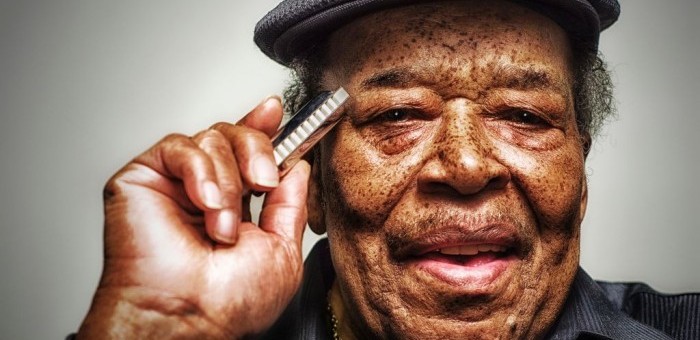
James Cotton (1935–2017)
(Photo: Jason Marck)Blues harmonica master James Cotton died on March 16 of pneumonia at St. David’s Medical Center in Austin, Texas. He was 81. His powerful harmonica playing was one of the iconic sounds of the blues. He toured worldwide for more than 60 years.
James Henry Cotton, known as “Mr. Superharp,” recorded nearly 30 solo albums, winning one Grammy Award, six Living Blues Awards and 10 Blues Music Awards. He was inducted into the Blues Hall Of Fame in 2006. NPR Weekend Edition said, “Conjure up a list of all-time great blues harmonica players, and high up on it you’ll see the name James Cotton.”
Born on a cotton plantation in Tunica, Mississippi, on July 1, 1935, Cotton was a working musician by age 9. He learned harmonica directly from Sonny Boy Williamson II (Rice Miller), toured with Williamson and Howlin’ Wolf, and recorded for Sun Records in 1953 before spending 12 years touring and recording with Muddy Waters (starting at age 20).
Cotton was featured on Waters’ famous 1960 LP At Newport on Chess Records, including the iconic version of “Got My Mojo Working,” one of the all-time classic blues recordings.
After his 1953 Sun sessions, Cotton didn’t record under his own name again until the mid-1960s, with tracks included in the groundbreaking Chicago/The Blues/Today! series of LPs on Vanguard. Along with Otis Spann, he cut The Blues Never Die! for Prestige.
In 1966 he formed The James Cotton Band, quickly earning a reputation as one of the most commanding and potent live blues performers in the world—a man who could literally suck the reeds out of his harmonica from the pure force of his playing.
He made his initial solo albums, three for Verve and one for Vanguard, in the late 1960s. With bands featuring outstanding musicians—including famed guitarists Luther Tucker, Matt “Guitar” Murphy and Hubert Sumlin—he quickly rose to the top of the blues and rock worlds.
It wasn’t long before Cotton, with his gale-force sound and fearless boogie band, was adopted by the burgeoning hippie audience as one of their own. Cotton shared stages with Janis Joplin, The Grateful Dead, Led Zeppelin, B.B. King, Santana, Steve Miller, Freddie King and many others.
Cotton’s remarkable talent and full-throttle energy kept him in demand at concert halls all over the country. He played the Fillmore East in New York, the Fillmore West in San Francisco and every major rock and blues venue in between. During the 1970s, he cut three albums for Buddah and one for Capitol.
He rejoined his old boss Muddy Waters for a series of albums produced by Johnny Winter, starting with Hard Again in 1977. Cotton also guested on recordings by Sumlin, Koko Taylor, Steve Miller, Memphis Slim, and many others. He was joined on his own albums by stars like Winter, Miller, David Sanborn, Charlie Haden, Dr. John, Todd Rundgren, Michael Bloomfield and Cissy Houston.
Cotton signed with Alligator Records in 1984, releasing two solo albums and the famed Harp Attack! collaborative disc with Junior Wells, Carey Bell and Billy Branch. He won a Grammy Award in 1996 for his Verve album Deep In The Blues and recorded four albums for Telarc Records before returning to Alligator in 2010. His most recent recording was 2013’s Grammy-nominated Cotton Mouth Man.
In June 2010, Cotton was honored by New York’s Lincoln Center, where his friends Sumlin, Pinetop Perkins, Taj Mahal, Shemekia Copeland and others paid tribute to him in an all-star concert. The Festival International de Jazz de Montreal honored Cotton with their 2015 B.B. King Award for his seven decades of contributions to the blues.
Cotton is survived by his wife, Jacklyn Hairston Cotton; daughters Teresa Hampton of Seattle, Washington, and Marshall Ann Cotton of Peoria, Illinios; son James Patrick Cotton of Chicago, Illinois; and numerous grandchildren and great-grandchildren.
Funeral arrangements are pending. DB
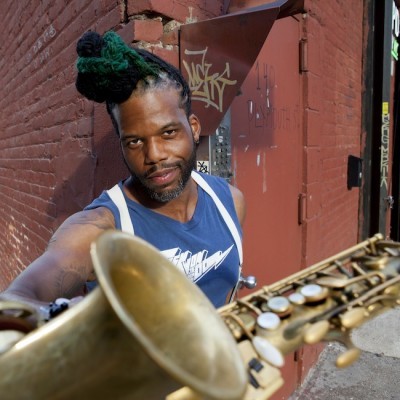
Benjamin possessed a fluid, round sound on the alto saxophone, and he was often most recognizable by the layers of electronic effects that he put onto the instrument.
Apr 2, 2024 12:59 PM
Casey Benjamin, the alto saxophonist, vocalist, keyboardist and producer who stamped his distinctive sounds on the…
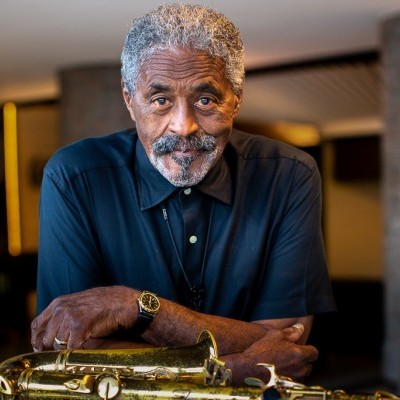
“He’s constructing intelligent musical sentences that connect seamlessly, which is the most important part of linear playing,” Charles McPherson said of alto saxophonist Sonny Red.
Feb 27, 2024 1:40 PM
“I might not have felt this way 30 to 40 years ago, but I’ve reached a point where I can hear value in what people…
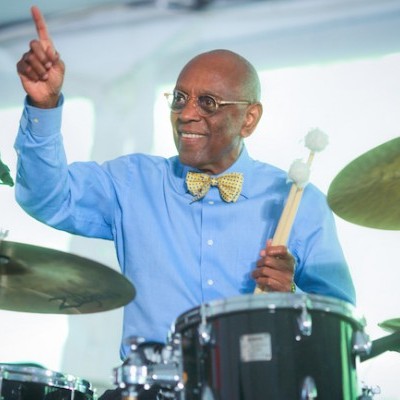
Albert “Tootie” Heath (1935–2024) followed in the tradition of drummer Kenny Clarke, his idol.
Apr 5, 2024 10:28 AM
Albert “Tootie” Heath, a drummer of impeccable taste and time who was the youngest of three jazz-legend brothers…
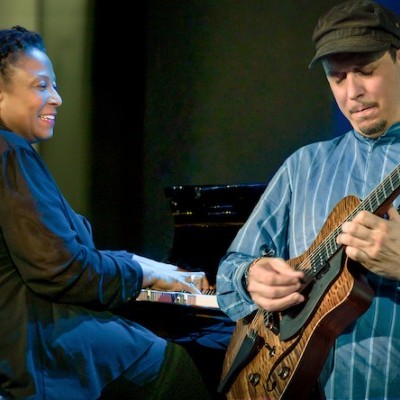
“Both of us are quite grounded in the craft, the tradition and the harmonic sense,” Rosenwinkel said of his experience playing with Allen. “Yet I felt we shared something mystical as well.”
Mar 12, 2024 11:42 AM
“There are a few musicians you hear where, as somebody once said, the molecules in the room change. Geri was one of…

Henry Threadgill performs with Zooid at Big Ears in Knoxville, Tennessee.
Apr 9, 2024 11:30 AM
Big Ears, the annual four-day music celebration that first took place in 2009 in Knoxville, Tennessee, could well be…